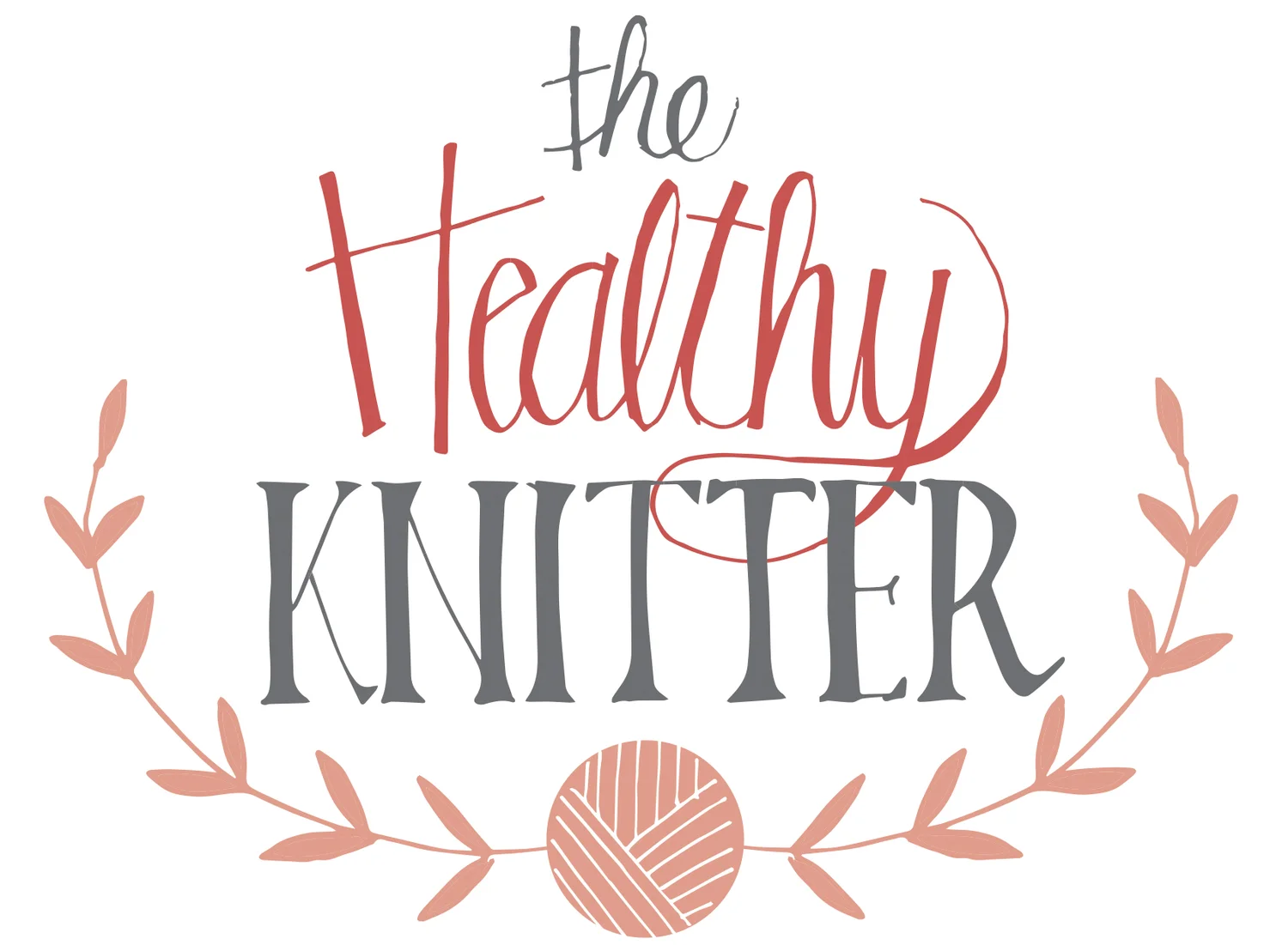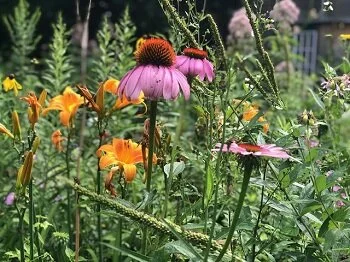“If you don’t know where you are, you don’t know who you are.”
Last spring when the pandemic brought our world to a halt, I walked through the woods looking for ways to accept "shelter in place.” While I am fully aware of the ravaging effects imparted by an infectious disease as this is how I'd lost my father only 2+years prior, I immediately felt lost.
The prairie is not my place... Don't get me wrong, it's a beautiful place. I've come to love so many things about the prairie, but it's not my place of peace. Being able to travel to the mountains or to the water's edge during the summer months is my way of accepting where I live. Now, with the pandemic, I knew I had to make peace with this place.
Shortly after returning from a visit to commune with the trees, an email arrived announcing a writing class... "sense of place." I signed up. If I couldn't wander in far-away lands, I'd have to write my way into finding peace in this place. I spent the next 4 weeks writing and meeting weekly with a wonderful group of people led by our writing guide, Erica Wheeler. I found myself writing about "peace in place" and this is where the theme for Project Peace 2020 came to be.
Today’s post is from a conversation that Erica and I recently had about “peace in place.”
Erica is a writer, songwriter, guide... a beautiful soul! She exposed me to new ways of thinking, new authors, ones I'd read before but forgotten about, and provided a path for me to explore. I asked her if she would be willing to share her perspectives on the phrase "peace in place." Here's what she had to say...
Christina: Your writing courses and virtual retreats are all about cultivating a “sense of place.” What does this mean to you?
Erica: I think for each person, their sense of place is unique. It comes from their experiences and knowledge— what they know and and what they feel. It’s an integrative, meaning making process that is ongoing. Sense of place is something you can cultivate no matter where you are. And like any relationship, it will continue to evolve over time. You start to make more sense of a place as you get to know and experience it more— by spending time with it, following your hunches, being curious, asking questions. And by drawing on your own bank of memories, connections and stories.
Christina: When you think of the word "peace," what comes to mind?
Erica: Centered. Grounded. Open. I think it’s like a state of being we keep coming back to. Nature is always in a state of motion and rest. Music is also movement to resolution, tension and release. I’ve been working on the idea myself that we can bring an inner state of peace into whatever we do. Jazz musician Miles Davis said about music "It's not the notes you play, it's the notes you don't play.” I think we’ve all been exploring this year what it means to have the space, the pause, that helps us find that center point in our lives.
Christina: When someone feels disconnected from the place they live, what are some suggestions you might provide to help others get connected to place?
Erica: Generally I think it’s about slowing down and tapping into our senses in the present moment and being curious about where we are. Back in April I created a program called “Grounded in Place” as a response to this very question. So many people were feeling that shelter in place meant being grounded, often in places they didn’t really want to be. And I thought "being grounded" is not such a bad thing.” During the first practice of slowing down and tapping into your senses (I call it “Check your Earthmail”) a participant who had recently had heart surgery said it was the first time they had felt their heart and sense of presence and peace since then. And recently when I did the program with a group of professionals who work at parks and museums and other places of great significance, several said they knew a lot about the places they worked, but not about the nature in their backyard, or the reason for the name of their street or town. It helped people slow down and connect to right where they are. That building of knowledge and experience deepens their sense of place. Also, in the writing classes we work on exploring the touchpoint people have had in their lives. By writing about places and experiences, that connection and bond also comes to life. I believe everyone has stories of place and belonging, waiting to be remembered, evoked and revealed.
Christina: What does the phrase "peace in place" mean to you?
Erica: I think it means finding your place. That can be an inner state of well-being you bring into any situation. It can mean seeking out places that bring out a particular quality in you. Or can mean making peace with a place by finding ways to connect. Little spots that feel good. Little things you are curious about or notice. It’s hard when places feel so compromised or desecrated. Where everything is homogenous and functional, but not very unique to that place. I remember the first time I visited the Tallgrass Prairie National Preserve in Kansas. I learned about how when they burn the prairie grass each year, they’re never sure what seed will grow, and which flowers will come up. That idea enchanted me. It made me think that under all the pavement in the cites and towns there was prairie soil filled with seeds waiting to grow. That story is about how everyplace has these layers of time and story—waiting to be seen, known and experienced. Just knowing that made me feel a deeper connection to that place. And I guess all that is to say that when I feel unsettled or un-peaceful, it’s really when I have no sense of the place— and I’m just noticing what I don’t like. Learning and connecting more brings me a sense of peace about where I am. There’s always more than meets the eye - to people and places alike.
Peace tip #19
Here’s a gift for everyone from Erica. May this song bring you a sense of [peace in] place. On your next adventure, meander, saunter or stroll outside, using some of the best advice I learned from Erica “leave your guide book at home and just be curious.”
Thank you Erica!!!!
Be curious. What’s one new thing you observed today while outside that you’ve never noticed before?
Updates
Thank you to all who shared a story, memory, or connection to peace and potatoes. Such delightful stories. If you have a moment, please take the time to read through some of the comments from Day 18, “a potato.”
I would like to follow-up on one particular comment… in my attempt to keep the post concise and linked with peace, it could be interpreted that I think the Irish potato famine was due to only planting potatoes. The reasons for the great famine were multi-faceted… the cause was not a monocrop. A great resource was left in the comments. I’ll be adding this to the Day 18 post so that anyone who wants to learn more about the potato famine will have a great place to begin. Thank you “R” for this fantastic addition. It is genuinely appreciated.
With all of that, let me just plant a tiny little seed… regardless of the reasons, any time a civilization (culture, group of people) relies on a monocrop (or two), the food system is weakened and major problems ensue.
2nd give-away recipient announced: Heather Sharp-Keyes!!! please send me an email: thehealthyknitter at gmail dot com Thank you to everyone who continues to post… even if it’s just one time, it’s one additional step to saying “hello to peace.”
3rd give-away revealed on 12/21. Don’t forget to make a plan for knitting in peace on 12/21… in solitude, a socially-distanced gathering, or a virtual meet-up. Send photos of how you celebrate World wide knit for peace day. I’d love to start a collection of photos!!!!
All of today’s photos are from my walks this summer in and on the Iowa prairie.





